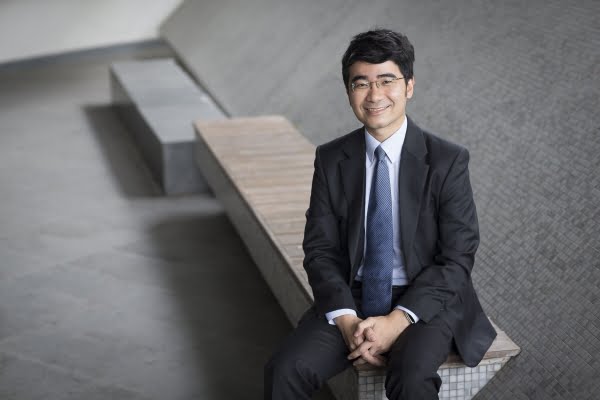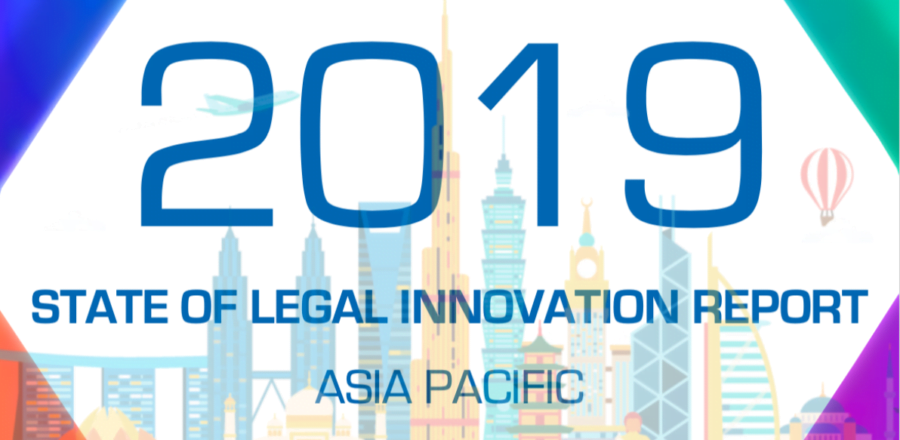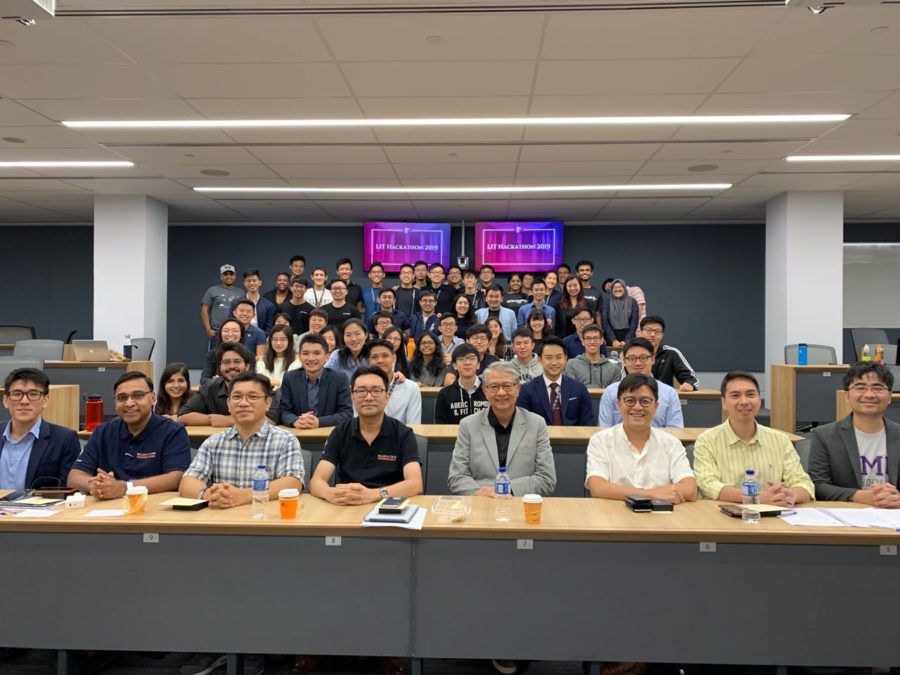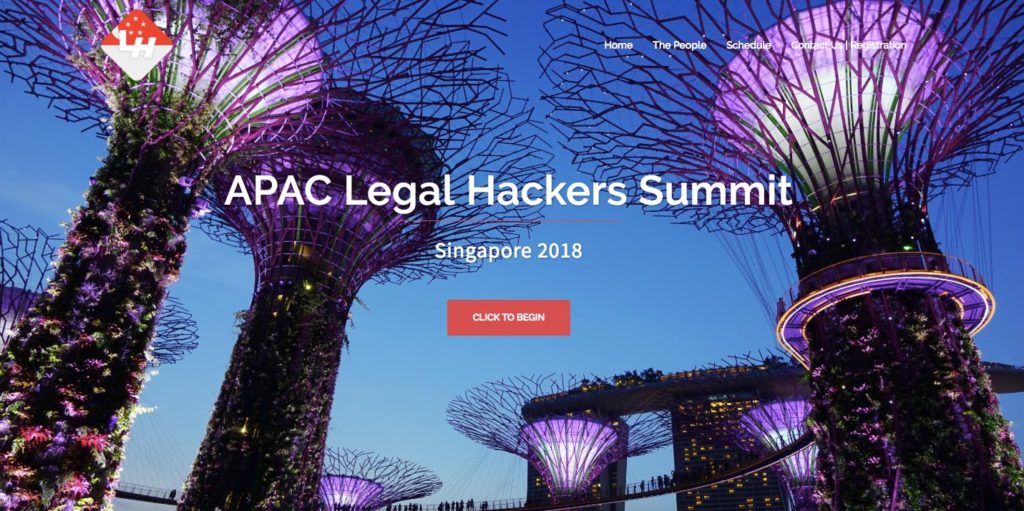Interview by Josh Lee & Wan Ding Yao | Edited by Amelia Chew
In June 2018, the Singapore Management University (“SMU”) School of Law won a major grant of $4.5 million from the National Research Foundation (“NRF”) and the Infocomm Media Development Authority (“IMDA”) following a competitive application process among several Institutes of Higher Learning in Singapore. With the grant, the SMU School of Law set up a new Centre for AI and Data Governance (“CAIDG”). CAIDG aims to drive thought leadership on AI and data governance in Singapore, and serve as a centre for knowledge exchange with experts worldwide.
LawTech.Asia received an exclusive opportunity to interview Associate Professor Goh Yihan, Dean of the SMU School of Law and Director of CAIDG. Here, Prof Goh shares his view on how and when technological disruption will make a major impact on the local legal industry, and how the SMU School of Law is preparing its students to face that disruption.






